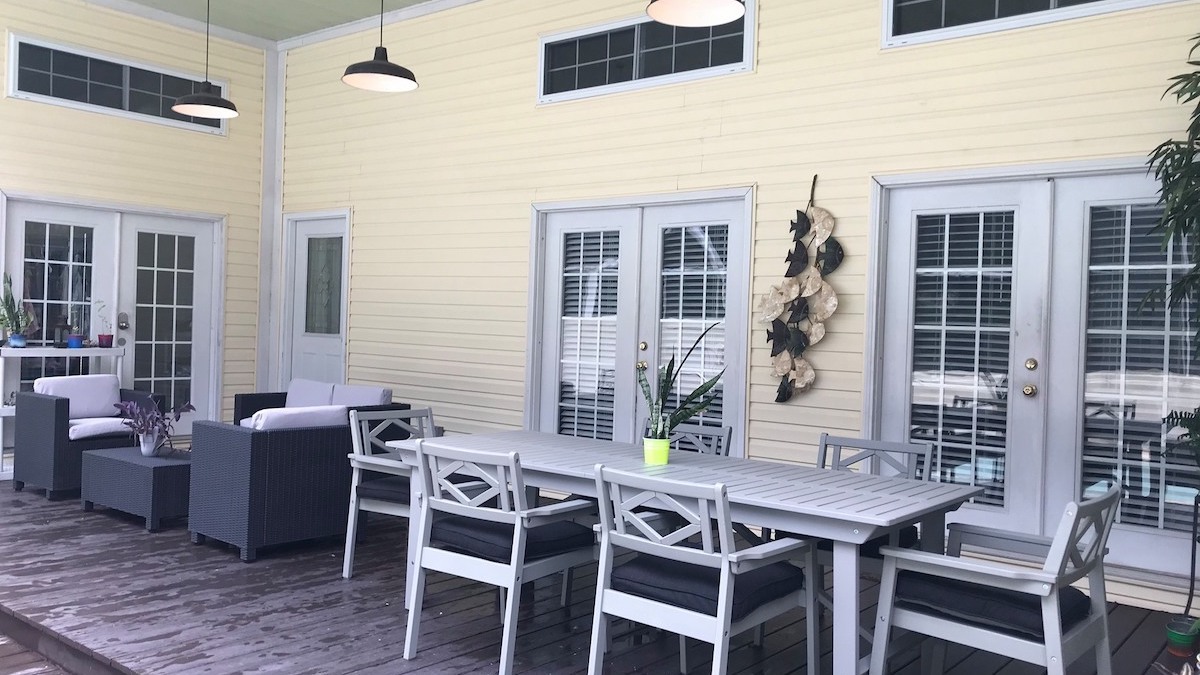Selah Freedom recently had to sell the location because of a lack of funding. | Facebook/Selah Freedom
Selah Freedom recently had to sell the location because of a lack of funding. | Facebook/Selah Freedom
Selah Freedom had originally celebrated the grand opening of a new safe house for victim of sex trafficking, but recently had to sell the location because of a lack of funding.
The organization announced in 2019 that it was opening a safe house in the corridor between Milwaukee and Chicago, known for sex traffickers and their victims, a Kenosha News article stated.
The location planned to offer a residential program where people rescued from sex trafficking could stay safe and engage in initiatives like educational planning, job placement, trauma therapy, life skills and medical assistance, Kenosha News reported. Volunteers in the area spent over two years transforming the 7,700-square-foot building from disrepair into a fully-staffed and operational 24-hour facility, the article said.
Selah Freedom is a nonprofit anti-human trafficking organization, and is based in Florida and the Midwest, according to its website. Its mission is to end sex trafficking and bring freedom to the exploited through four strong programs including advocacy and awareness, prevention, outreach and residential, its website said.
Despite celebrating its grand opening on Nov. 3, 2019, the Selah Freedom safe house never officially opened its doors to trafficking victims, according to Racine Journal Times.
In June, Selah Freedom listed the renovated schoolhouse for $1 million without ever hosting trafficking victims, citing lack of funds and the COVID-19 crisis, the article said. Selah House spokeswoman Elizabeth Fisher Good said the project became more complicated and expensive than the organization had hoped, stating that the state of Wisconsin had denied its application for a $1.7 million grant, the article said.
She called state leaders "woefully behind" and "apathetic," according to a Racine Journal Times article.
A report confirms that most trafficking in the state occurs in and around the Milwaukee-Chicago corridor, where 88% of the victims said they last resided, the study said.



 Alerts Sign-up
Alerts Sign-up